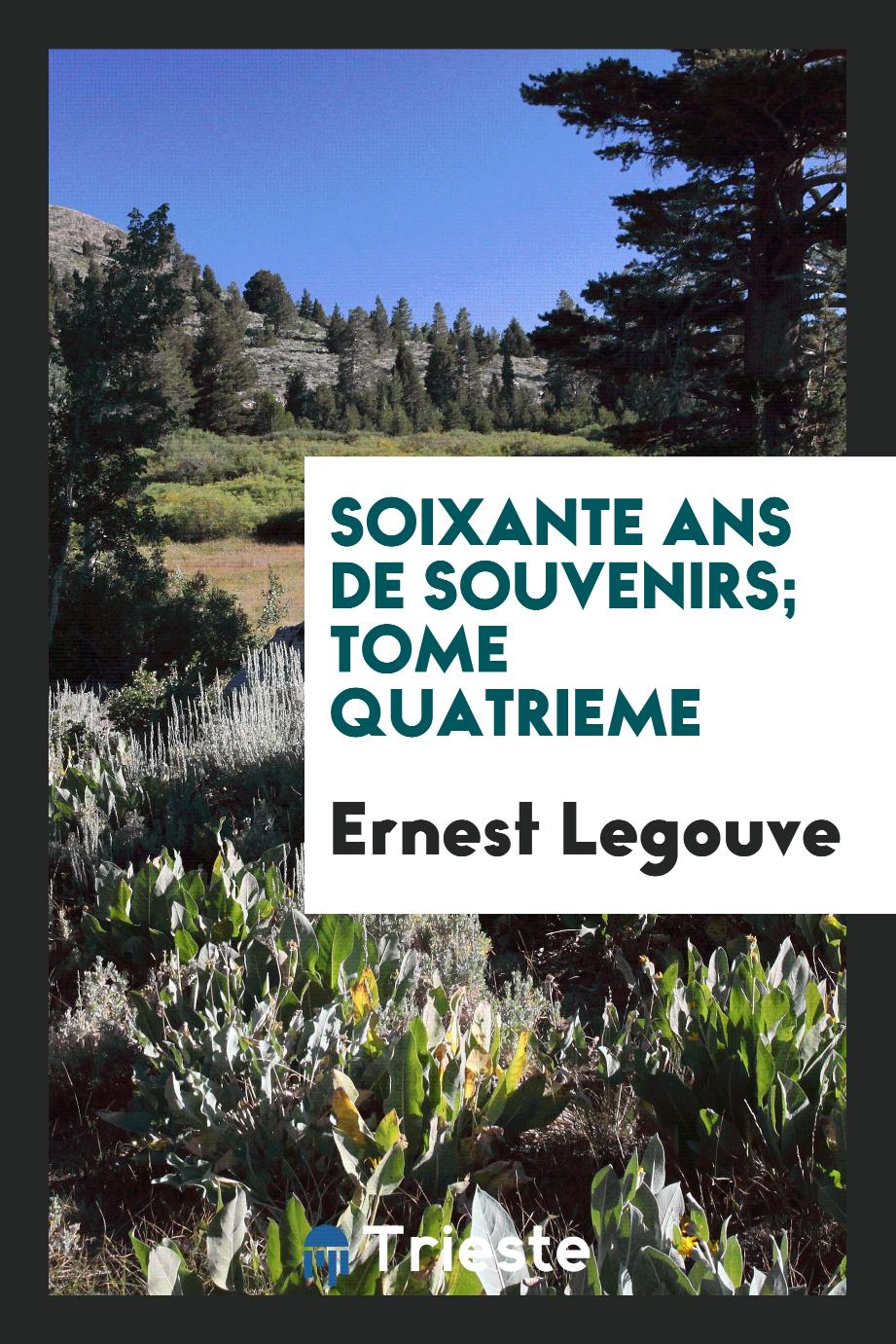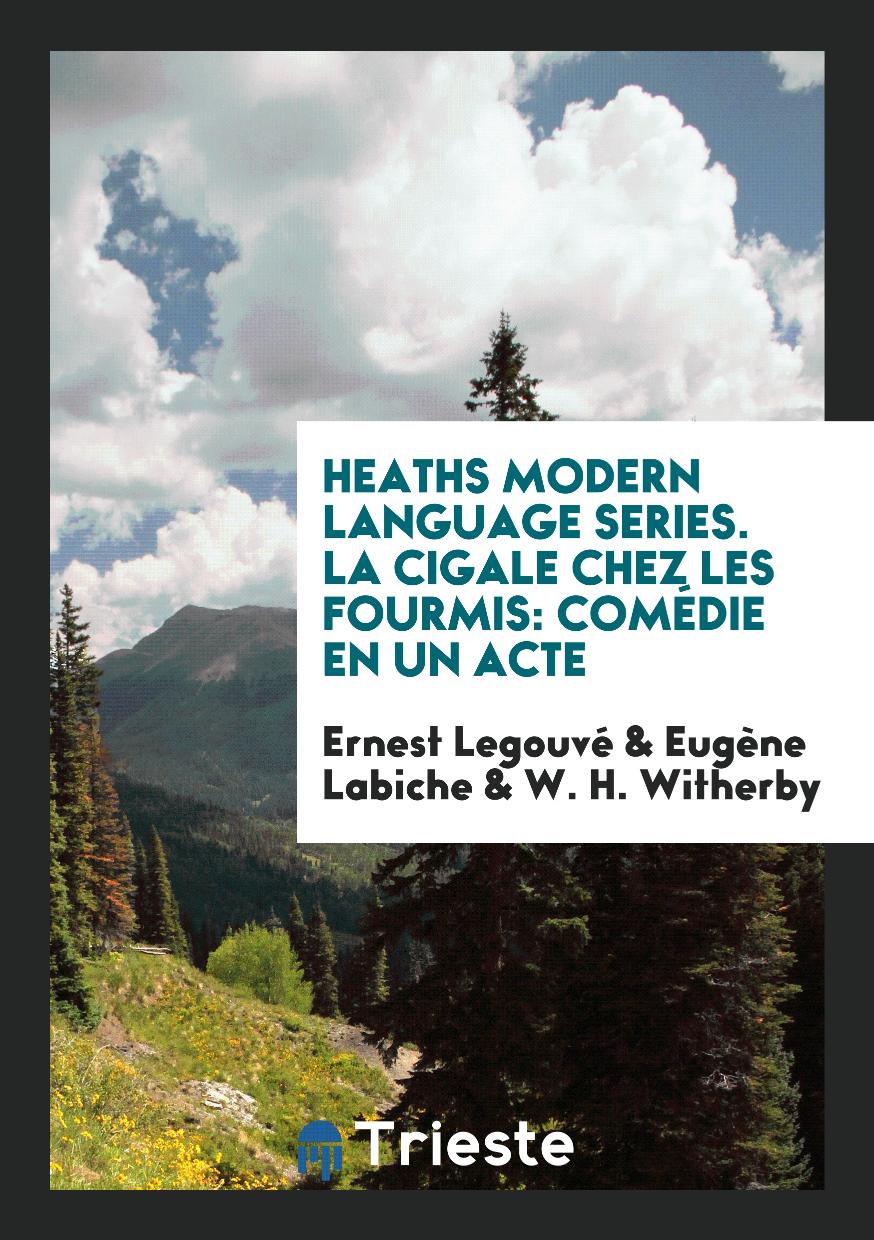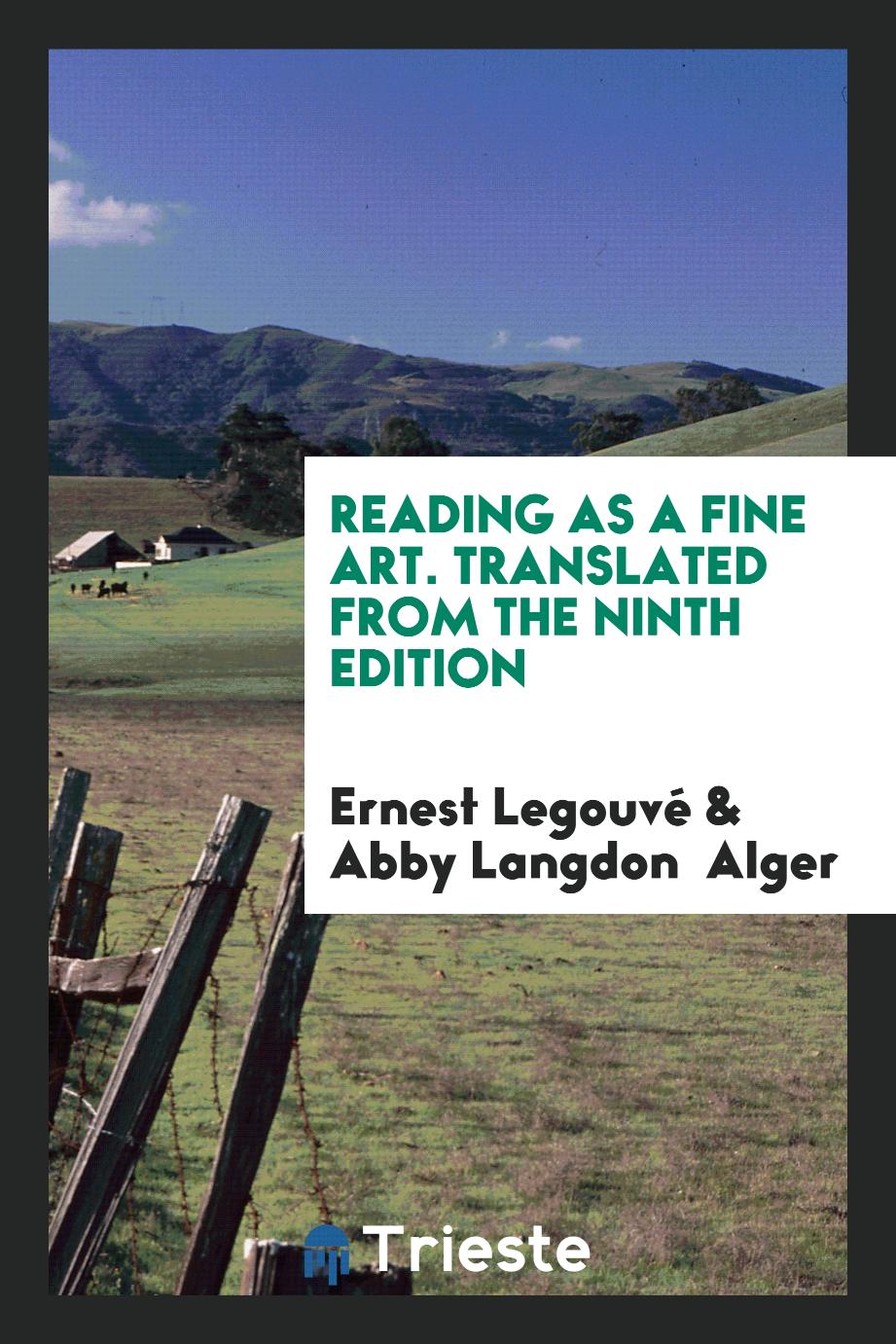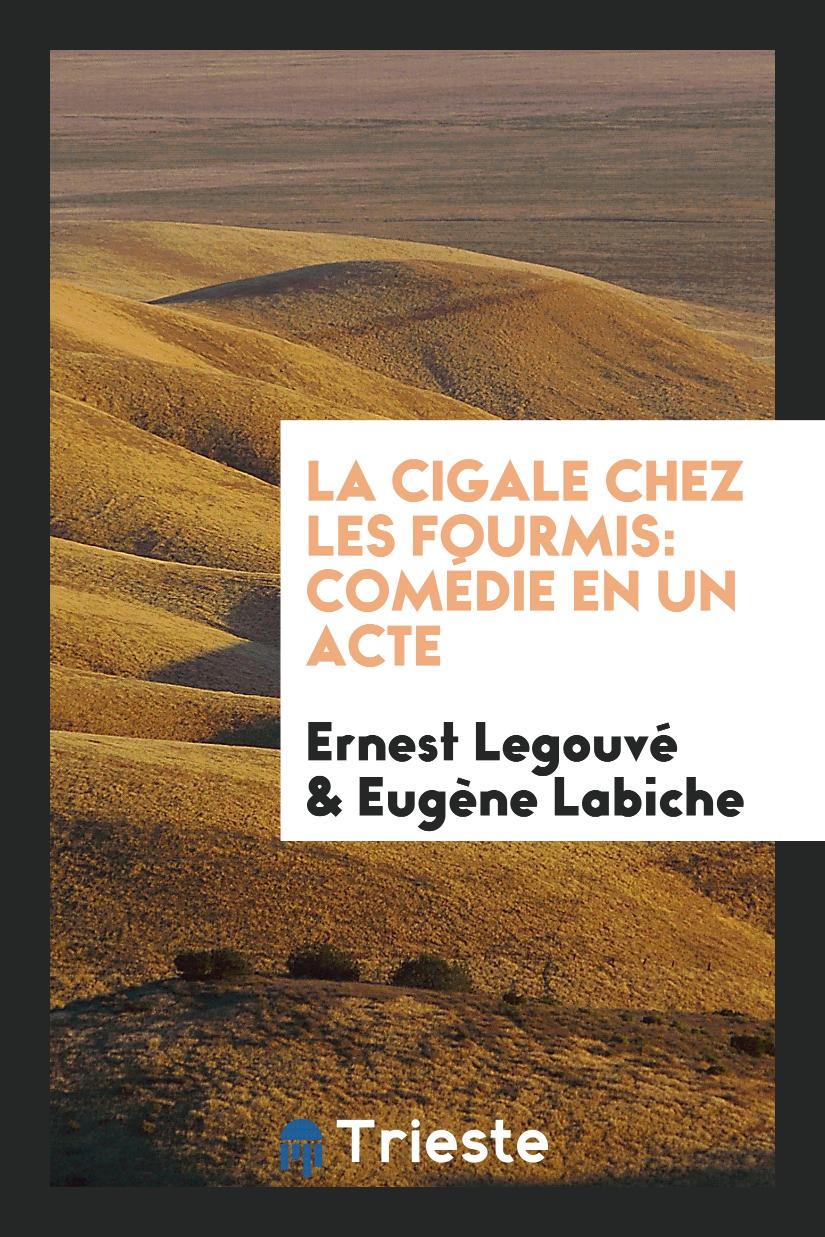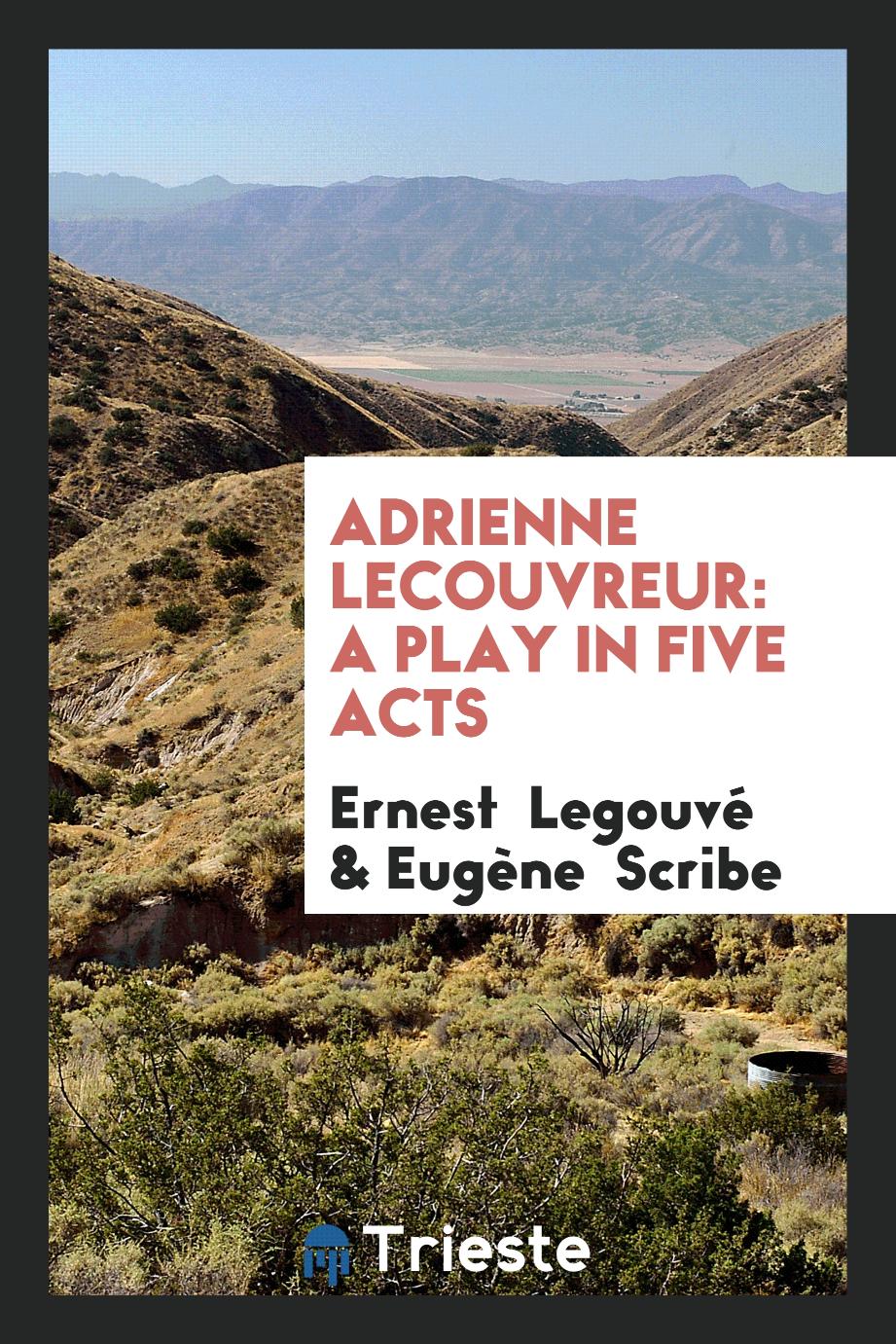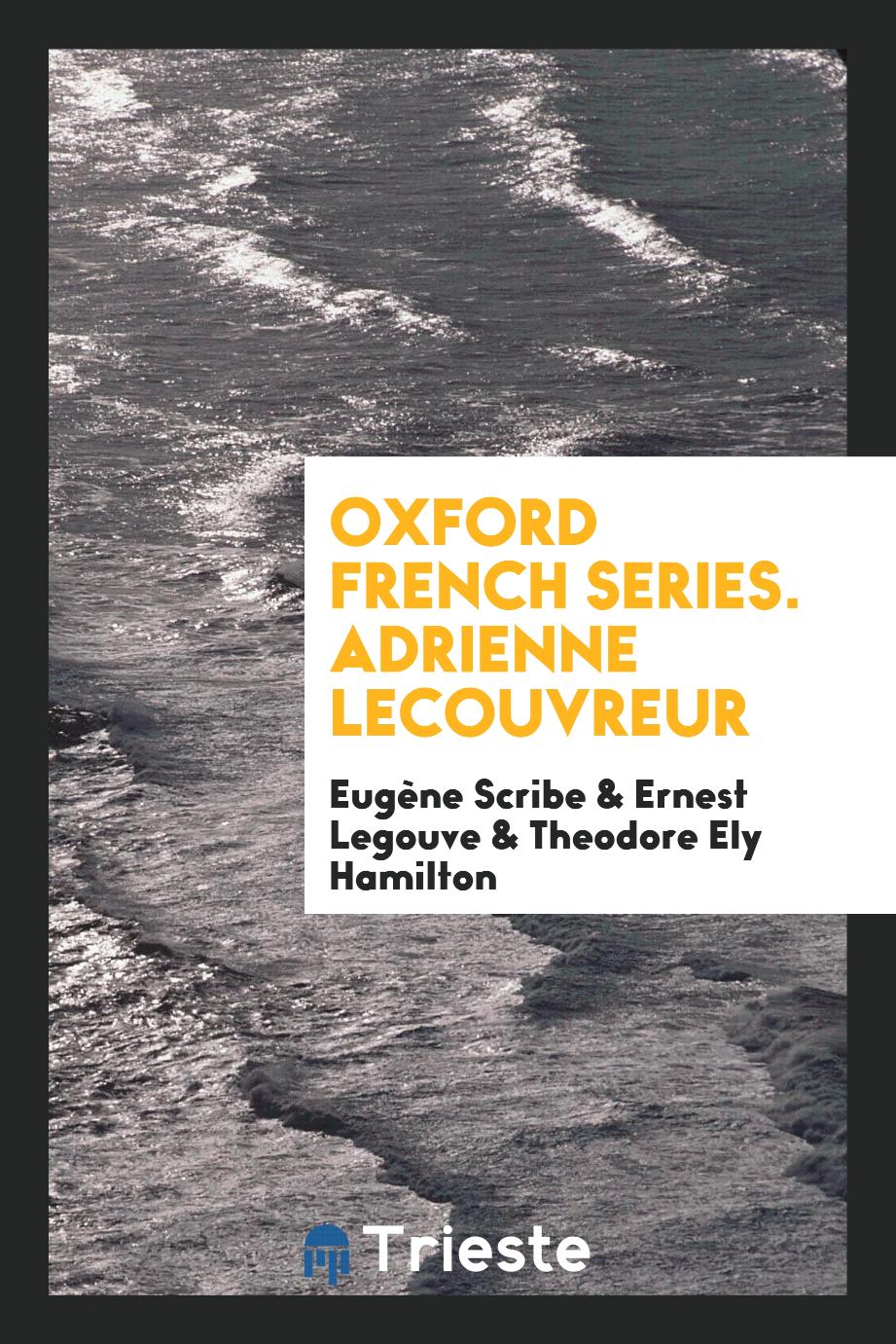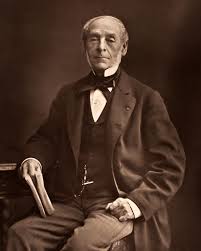
Ernest Legouvé
Gabriel Jean Baptiste Ernest Wilfried Legué (February 14, 1807 - March 14, 1903) was a French playwright. The son of the poet Gabriel-Marie League (1764-1812), was born in Paris. His mother died in 1810, and almost immediately afterward, his father was sent to an insane asylum. The child, however, inherited a significant condition and was thoroughly educated. Jean Nicolas Bouilly (1763-1842) was his mentor and instilled in young League a passion for literature, which his example of his father and his grandfather, Jean-Baptiste Lego (1729-1783) predisposed. As early as 1829, he stole a Francoise Academy Prize for a poem about opening a press; and in 1832 he published a small curious volume of poems called Les Morts Bizarres. In those early years, Legeve released a series of novels, of which Edith de Falsen enjoyed considerable success. In 1847, he began work in which he was most remembered, his contribution to the development and education of the female mind, lecturing at the College of France on the moral history of women; These conversations were collected in that year in 1848 and were very successful. League wrote a lot for the stage, and in 1849 he collaborated with A. E. Scribe in the film Adriena Lecouvreur. In 1855, he announced his tragedy at Medea, whose success was largely due to his election to the French Academy. He succeeded in the fate of J. A. Ancelot and was obtained by Florence, who dwelt on the plays of Legué as his main consideration requirement. Over time, however, he became less prominent as a playwright, and as a lecturer and advocate for women's rights and advanced children's education, he was a pioneer in French society in both directions. La Femme en France au XIXe siècle (1864), reprinted, greatly expanded in 1878; his Messieurs Les enfants (1868), his Paris Conferences Parisiennes (1872), Nos filles et nos fils (1877), and Une Éducation de jeune fille (1884) were morally influential works. In 1886-1887 He published an excellent sample of his autobiography in two volumes of Soishante and Souvenirs. He was promoted in 1887 to the highest rank of the Legion of Honor and for many years served as general inspector of female education in national schools. Leave has always been a supporter of physical education. For a long time, he was considered one of the best shots in France, and although for reasons of conscience he never fought a duel, he fenced with art throughout his life. After the death of Desiree Nisard in 1888, League became the "father" of the French Academy. He died in Paris in 1903.
